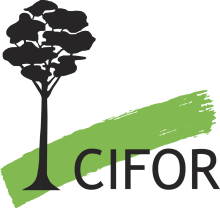Resource information
This case study report examines relevant factors influencing village life and household well-being since decentralization has been practiced in local government of Kutai in Indonesia. The principal aim is to understand the impacts of these processes and to compare local government’s policies on Kutai and Dayak Benuaq villages. This report looks on changes that had taken place in Jambuq and Jerang Melayu villages since the new district of Kutai Barat was established in 1999. It analysed the impacts of economic and political activities on natural, political, economical, social and household spheres of well-being. The well-being aspects that are relevant to rural people are primary needs: steady jobs, household conditions and social aspects, as well as of political services. For villagers, the five most important aspects to feel a sense of well-being are job/ work, housing, education, transport, and electricity. The situation of these villages is the result of several factors: new government regulations, and programs and projects implemented by the government or other institutions. The current situation in Jambuq is contributed by the logging company that operates in the village area, the village’s political elite, the decrease of forest, the concentration of commercial activities and the lack of information. In Jerang Melayu, private institutions such as NGOs, the dramatically decline in forested land and forest products (timber and non-timber), the decline in alternative job opportunities and the isolated and remote location of the village, which leads to a lack of market access and information, are the main drivers of change. The author found that the Kutai, who were the former ethnic elite in Kutai district, are currently experiencing a marginalization. However, this marginalization is more due to its remote location, economic opportunities and the declining quality of natural resources than to ethnical aspects.



